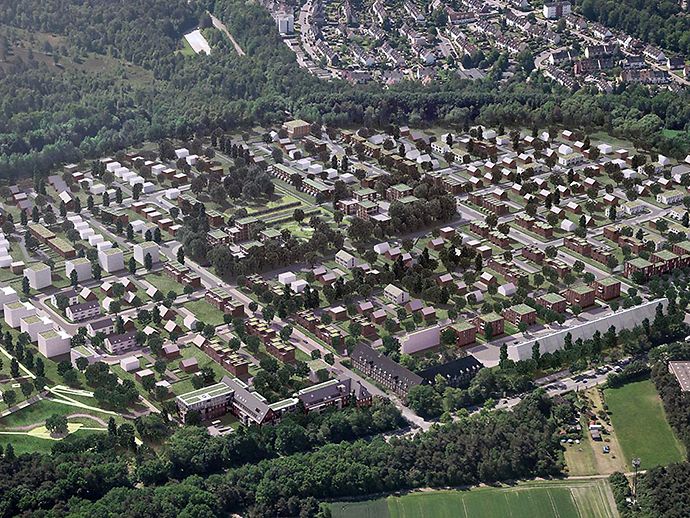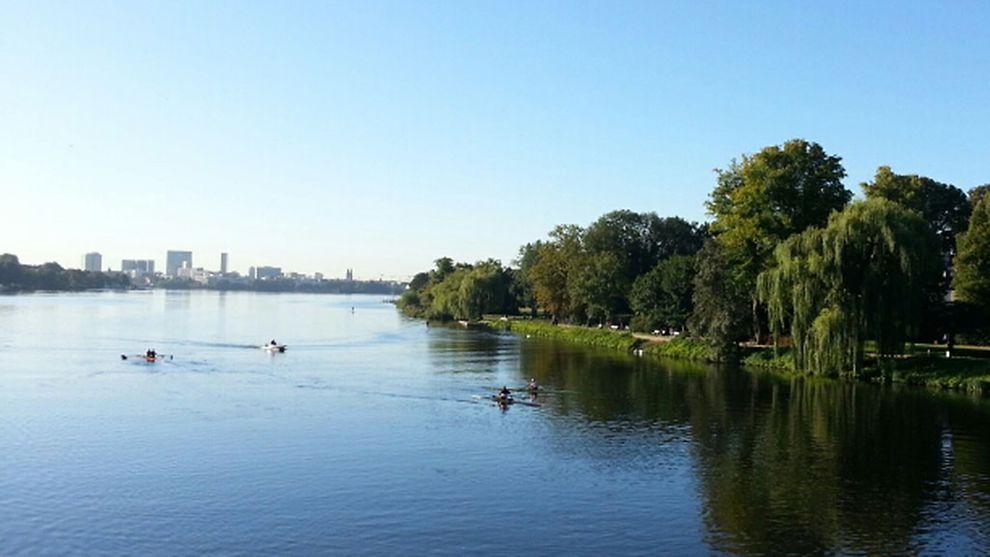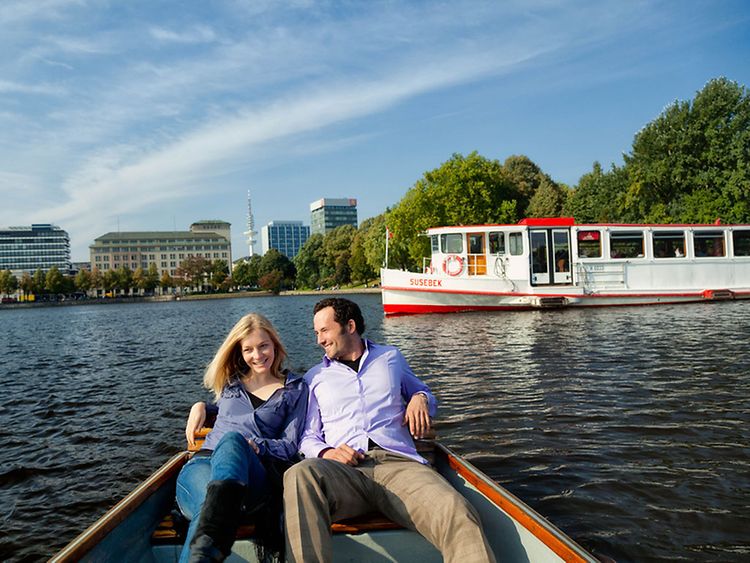Making new buildings climate-friendly is a central part of sustainable thermal energy transition. This is achieved through well-insulated buildings, which are largely heated with renewable energies or waste heat from industrial plants.
Large development areas provide opportunities for implementing climate-friendly and inexpensive energy supplies that best fit the respective areas. In order to find the best solution in each case, an energy plan is drawn up for densely developed areas with more than 150 residential units.
Expert advice is needed
An energy plan is a neutral option developed by independent experts who examine which energy supply solution saves the most CO2 at reasonable prices for a new development area. They check at least three varieties of energy generation that would be viable on site. These can be heat pumps that use heat from the ground or solar thermal collectors that capture energy from the sun. Waste heat from a nearby industrial company may also be used. These experts then calculate with which insulation standard the cheapest long-term heat supply will be achievable
Reliable procedure
The variant that best suits the needs of a new development area is laid down in development plans or in urban development contracts. If a heating network is built, all residential buildings in the new development area must be connected to it. An energy service provider who is assigned to operate the heating network is sought through a public tender.
With this reliable process, Hamburg can ensure that new development areas are supplied with heat in a climate-friendly manner at reasonable costs. The procedure also brings more planning security for the building owner to the energy supply. In addition, more and better specialist knowledge on energy issues is also systematically created in the real estate industry - a clear future advantage for the industry.






